
My 3-Year-Old Begged Me Not To Take Him To Daycare—What I Found Inside Left Me Shaking




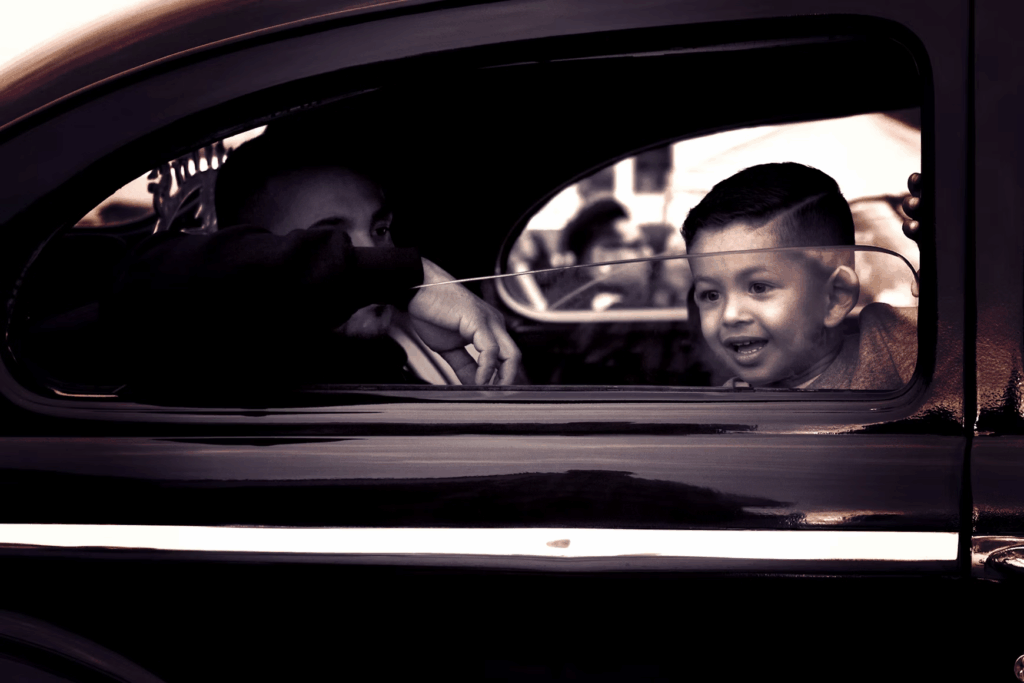
Before he woke up one morning yelling and refusing to go back, my son had loved daycare. I was shocked by what I discovered, even though I had assumed his sudden change in behavior was just a passing phase.
I’m a 29-year-old single mother, raising my three-year-old son, Johnny. Up until a few weeks ago, daycare had been his absolute favorite part of the day. He would bounce out of bed, excited, humming silly songs, and practically drag me out the door, shouting, “Let’s go, Mommy!” He’d stuff his backpack full of tiny action figures he wasn’t supposed to bring, eager for the adventures that awaited him each morning.
For Johnny, every day began as a new journey.
Seeing him so eager to leave me and spend time with others was a strange mix of pride and envy. It was wonderful that he felt safe and happy at daycare, but a small part of me missed being the center of his little world.
Then, everything changed one Monday morning.
I was pouring my coffee when I heard it—a piercing scream that made my chest tighten. Dropping my mug, which shattered on the floor, I sprinted upstairs two steps at a time. There he was: Johnny, curled in the corner of his room, face red and streaked with tears, clutching his blanket as if it could protect him from the world.
“Sweetheart, what’s wrong? Are you hurt?” I asked, kneeling beside him, my heart pounding.
“No, Mommy, no!” he cried, his wide, terrified eyes locking onto mine. “Don’t make me go!”
Confused, I asked, “Go where?”
“Daycare!” he sobbed, pressing himself against my legs. “Please don’t make me!”
I whispered soothing words, rocked him gently, and tried to convince myself that it was just a bad dream or exhaustion. “Toddlers have moods, right?” I muttered to myself, dismissing the fear growing in my chest.
But it didn’t end that day.
The following morning, he refused to get out of bed. His mouth quivered at the mere mention of daycare. By midweek, he pleaded with tears, begged, and trembled each morning, terrified at the thought of going.
By Thursday night, I was exhausted and frightened. I called Dr. Adams, our pediatrician.
“It’s normal,” she said gently. “Separation anxiety peaks around this age.”
I told her, “It doesn’t feel normal. This isn’t just sadness. It’s terror—pure terror.”
She paused, probably thinking I was overreacting. “Just watch him closely. He may just be going through a developmental phase.”
I tried to trust her advice. I really did.
But Friday arrived, and so did another morning of panic. I was late for work and, frustrated, I snapped.
“Stop it! You have to go to daycare!” I yelled.
The sound of my own voice made me cringe. Worse, Johnny froze mid-sob, wide-eyed and trembling. In that moment, I realized he wasn’t being stubborn—he was genuinely scared.
I sank to my knees, pulled him into my arms, and whispered, “I’m sorry. Sweetheart, why don’t you like daycare anymore?”
He hesitated, then whispered so softly I almost didn’t hear him:
“No lunch… please, Mommy… no lunch.”
My stomach dropped. Lunch? That was it?
Johnny had always been a small eater, never forced, never picky. But now, the thought of lunch at daycare had filled him with fear.
That day, I kept him home. Thankfully, our neighbor’s teenage son, Kenny, was available to babysit, and the two instantly hit it off.
On Saturday, I tried a gentler approach. I knelt to meet his gaze. “I’ll pick you up before lunch,” I said. “You won’t have to stay. Okay?”
He nodded, sniffling but trusting me enough to let me buckle him into his car seat without a meltdown. Still, his hand gripped mine tightly until the very last moment, and the look in his eyes nearly broke my heart.
Once at daycare, I watched from a side window. What I saw made my blood run cold.
Johnny sat at the lunch table, head down, as an older woman—unfamiliar to me, gray hair tied in a tight bun—force-fed him, ignoring his protests.
“You’re not leaving until that plate is empty,” she scolded.
That was the final straw. I burst through the door, shocking the staff, and scooped Johnny into my arms. His tiny body trembled with relief.
“I’ll report this if you ever force-feed my child again,” I told her, furious.
The daycare director, Brenda, claimed she didn’t know of any staff who would do such a thing. Eventually, I learned the woman was a volunteer, unsupervised, and had no formal training in childcare.
That night, I lay awake, haunted by Johnny’s terrified face. I filed a formal complaint with the state licensing board. Within days, inspectors arrived, confirming what I had feared: several children had been forced to eat, untrained volunteers worked unsupervised, and staff certification was incomplete. Johnny was not alone.
The daycare was ordered to make immediate corrections or face closure. Brenda called, furious, asking why I hadn’t spoken to her first. Calmly, I said, “I did speak to you. You protected her.”
A week later, another parent, Lila, pulled me aside in a grocery store. Her daughter had suffered the same treatment from the same woman. She whispered, “Thank you. Your son gave my child the courage to speak up.”
Johnny had not only protected himself—he had helped other children as well.
The daycare lost its license. I found Johnny a new center with qualified educators, open communication, and respect for children’s limits. Now, he greets the building with a radiant smile every morning, excited for the day ahead. He knows his feelings matter, and he feels safe.
The lesson for me was clear: always listen to your child, even if adults dismiss their concerns. Sometimes the quietest words carry the loudest warnings.
I can still hear Johnny’s tiny voice:
“No lunch, Mommy.”
Those words were small—but they changed everything.
News in the same category


Man Says Goodbye To His Wife As They Took Her Off Life Support, But Then She Utters 5 Words
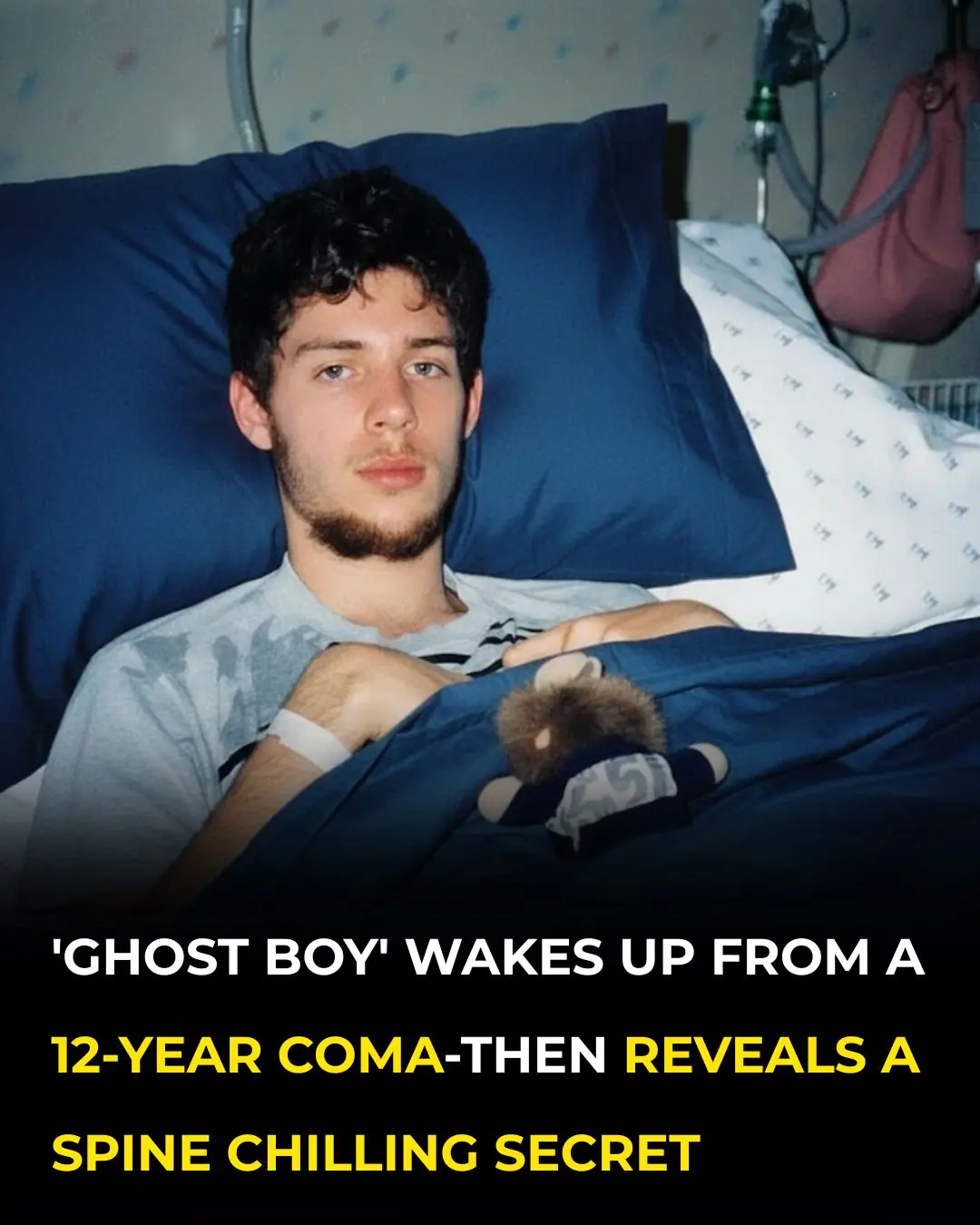
‘Ghost Boy’ Martin Pistorius Wakes After 12 Years, Reveals He Was Aware All Along

Man Isolates Himself From Society For Over 25 Years. What He Does Is Beyond Belief
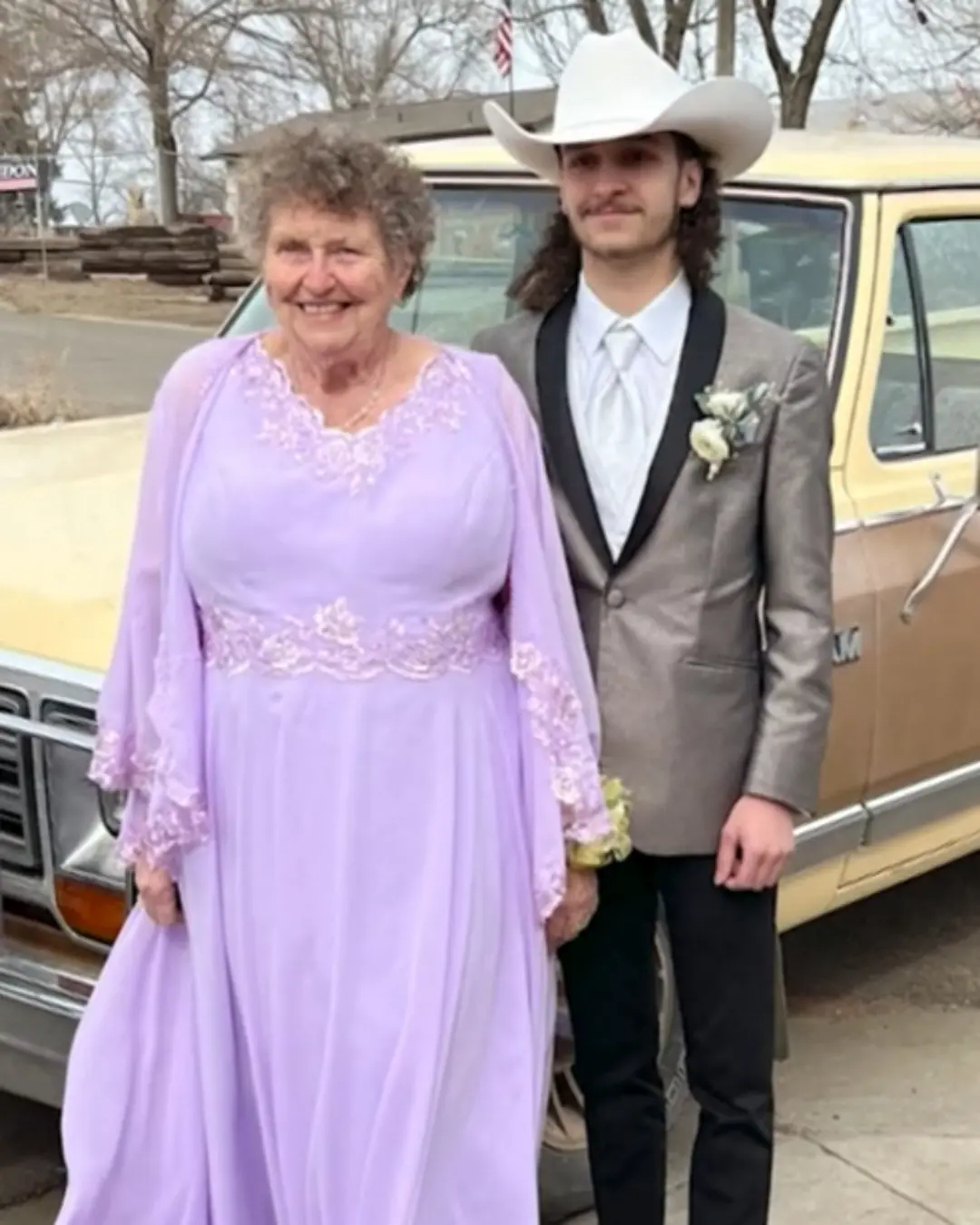
A Prom Night 76 Years in the Making.

A Song for a Hero: When Children Honored a Veteran in His Final Days.
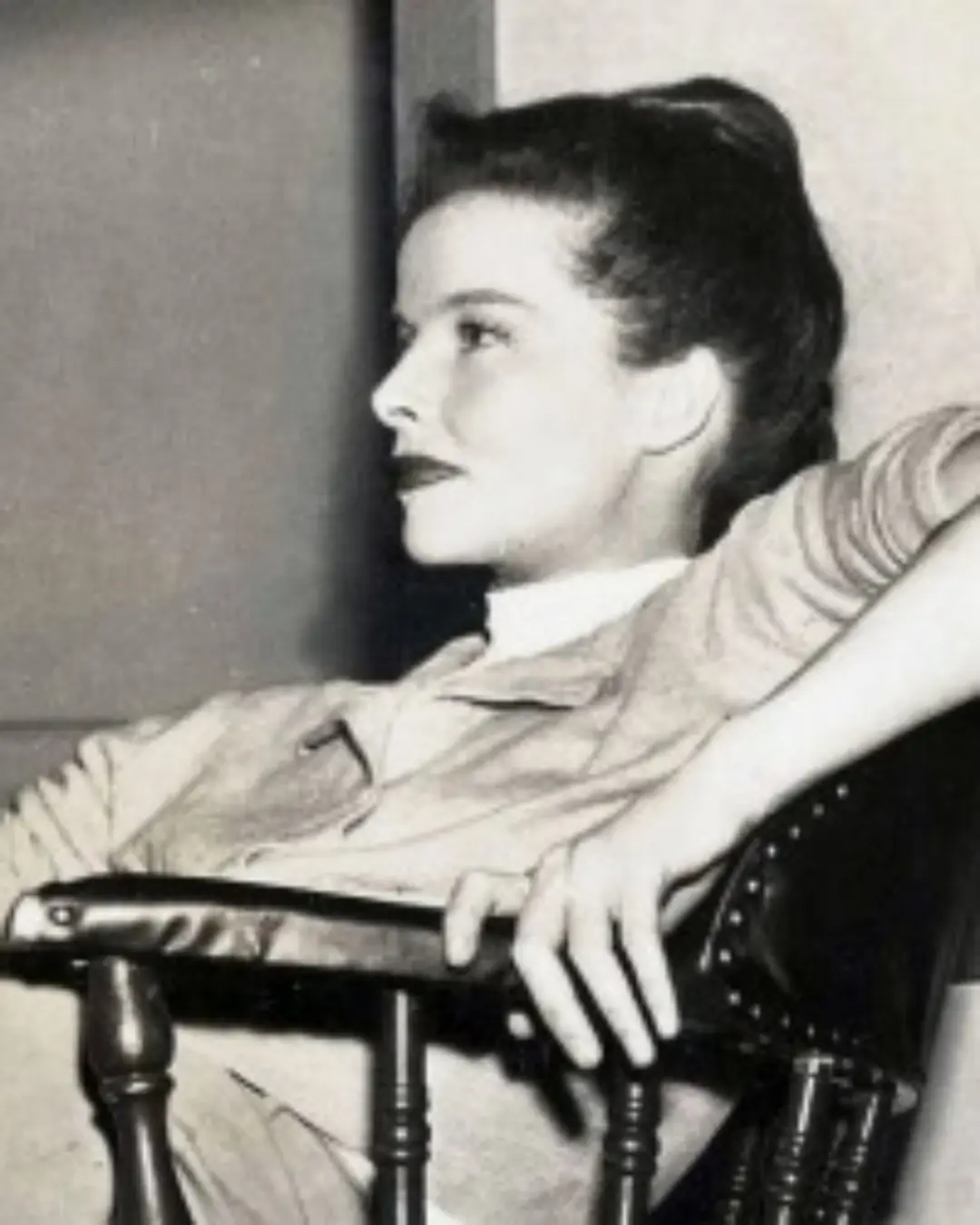
The Night We Didn’t See the Circus.

Against the Flood: Chloe and Sandy’s Fight to Survive.
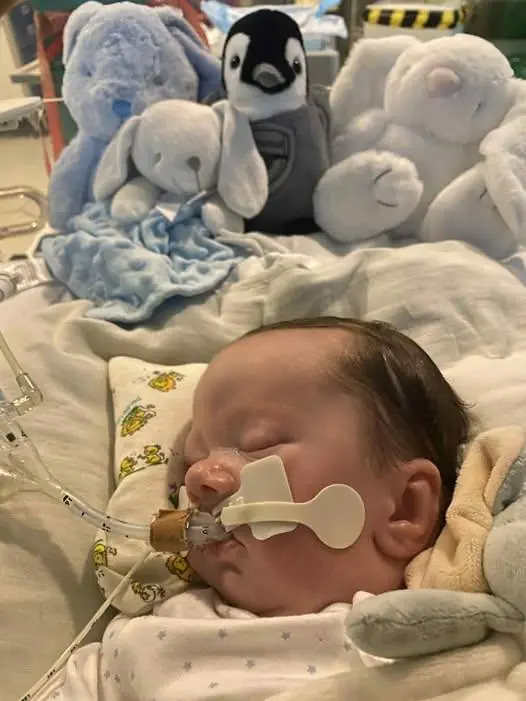
Noah's Gift for titinopathy awareness

The Last Look: What Pets Wish for in Their Final Moments
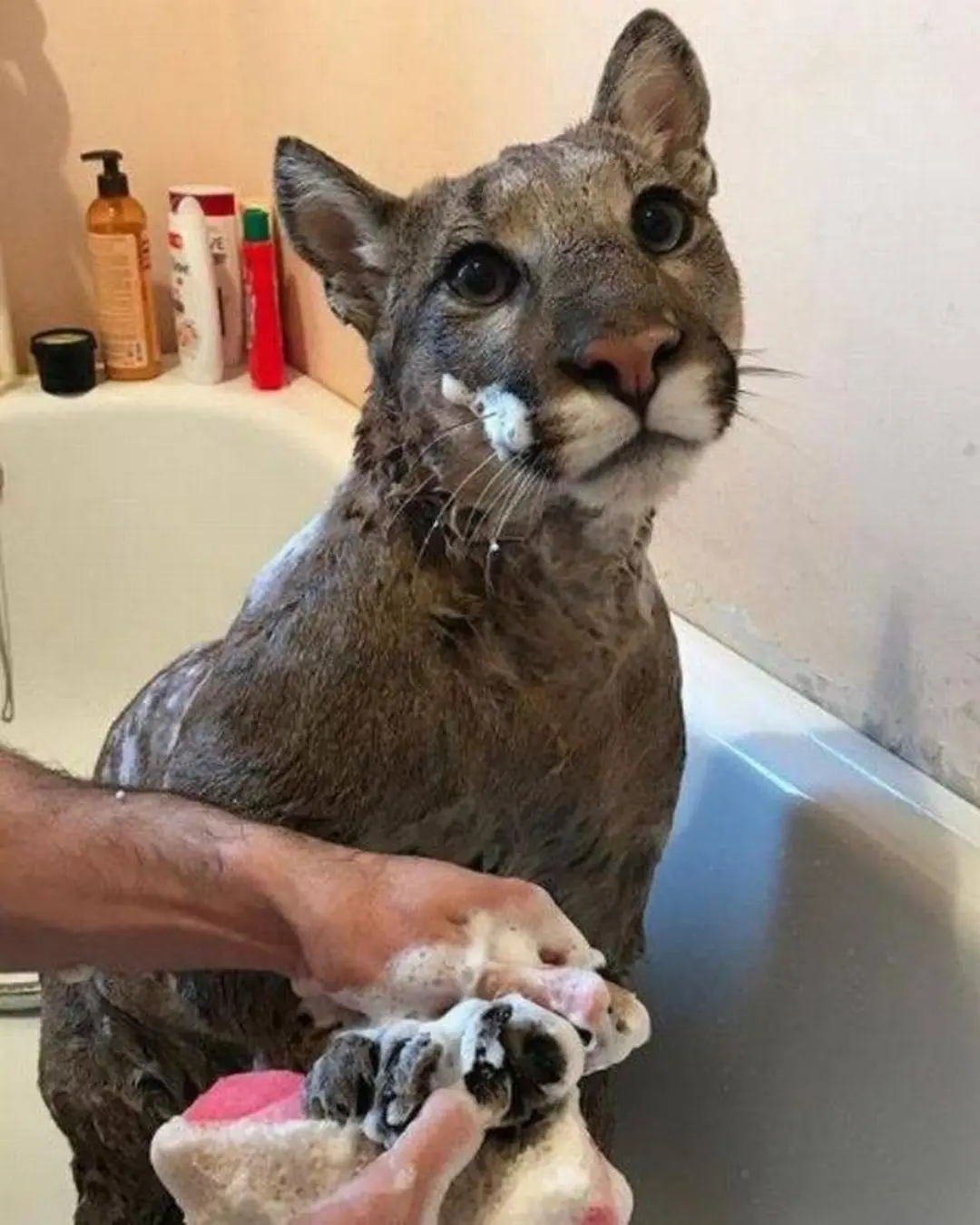
The Second Life of Lions — Finding Freedom After Rescue.
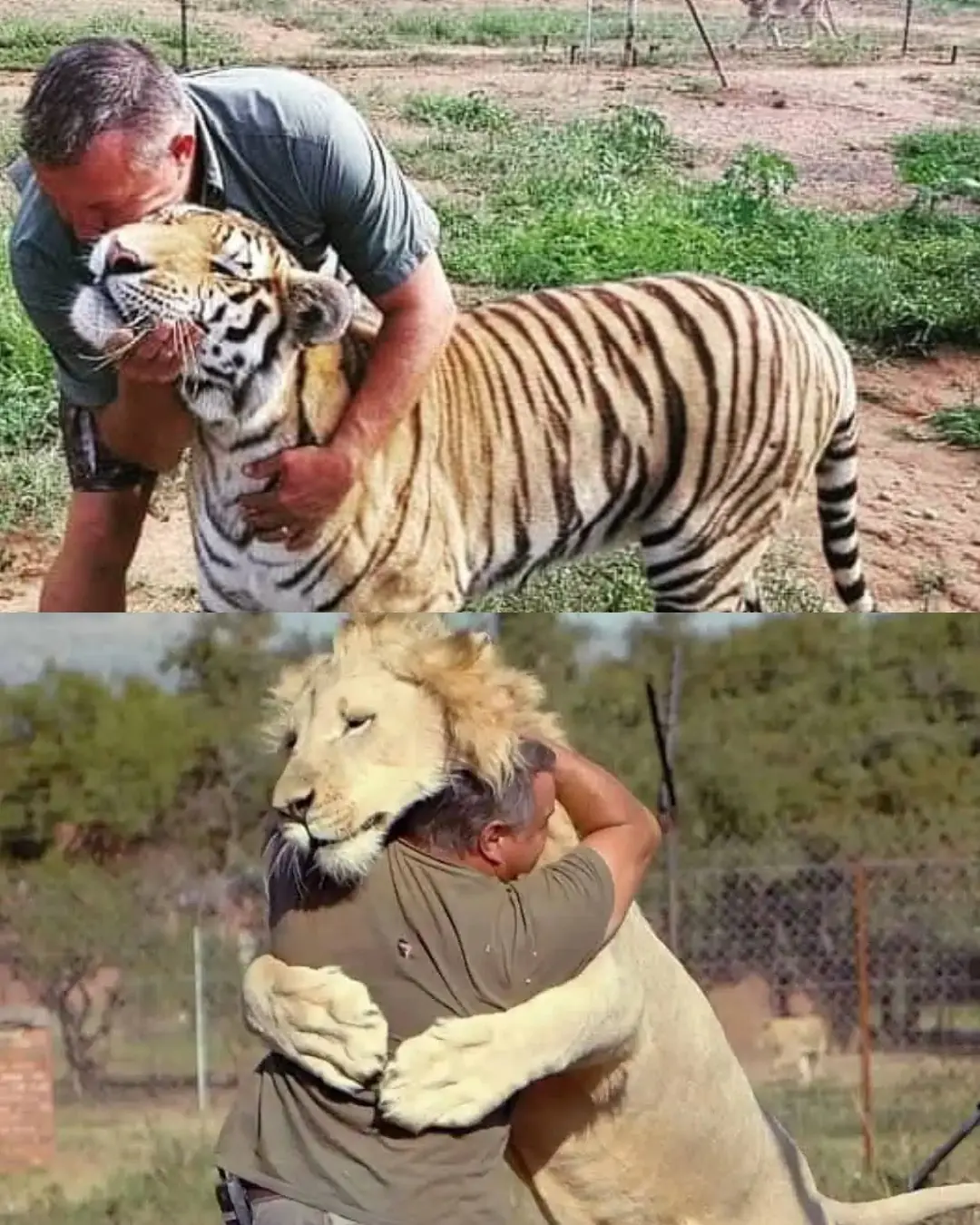
When Wild Hearts Trust Us — The Unspoken Bond Between Humans, Lions, and Tigers.

The Lion Who Loved Back: Jupiter’s Final Goodbye.
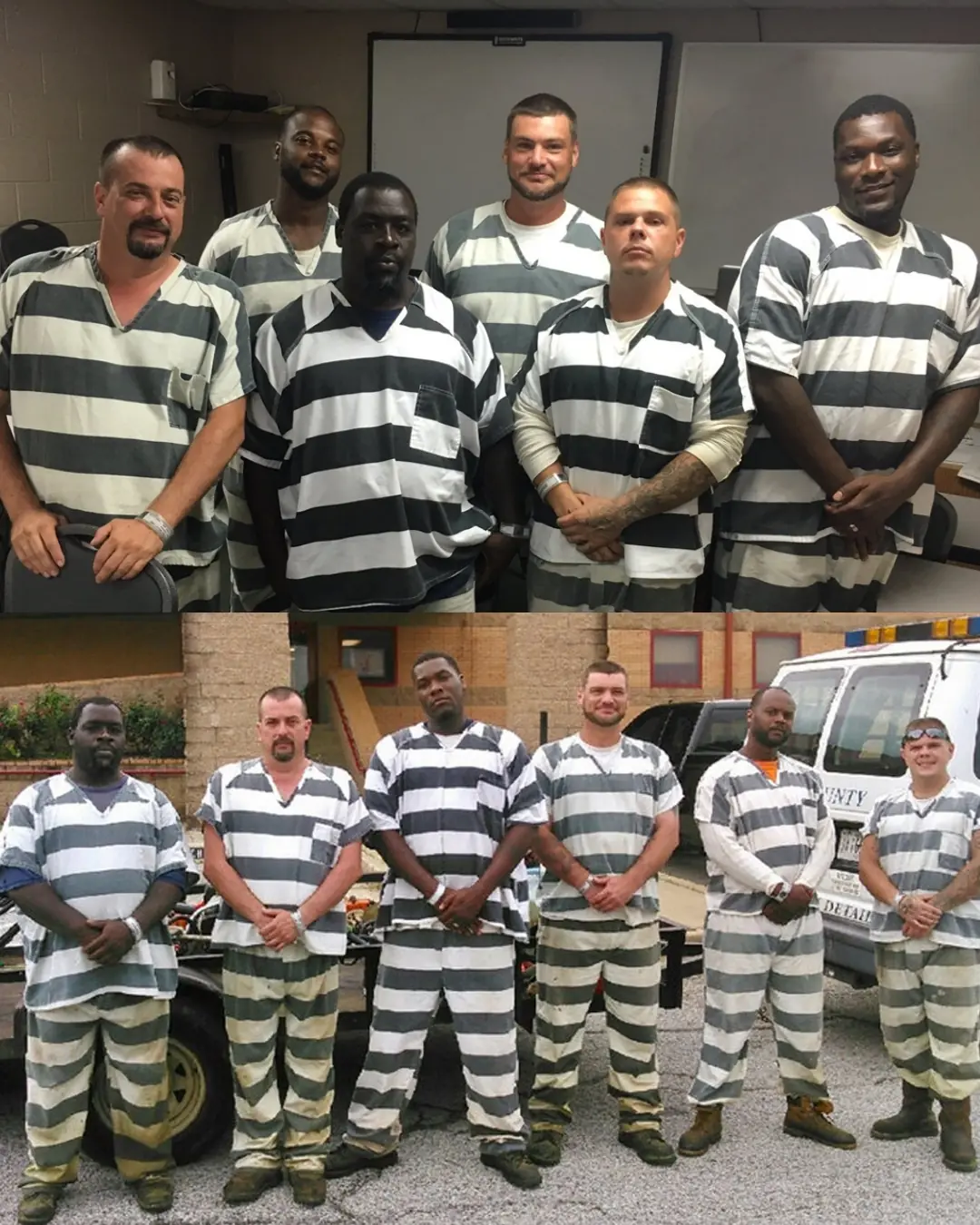
Six Prisoners, One Fallen Officer, and a Choice That Revealed Their True Hearts.
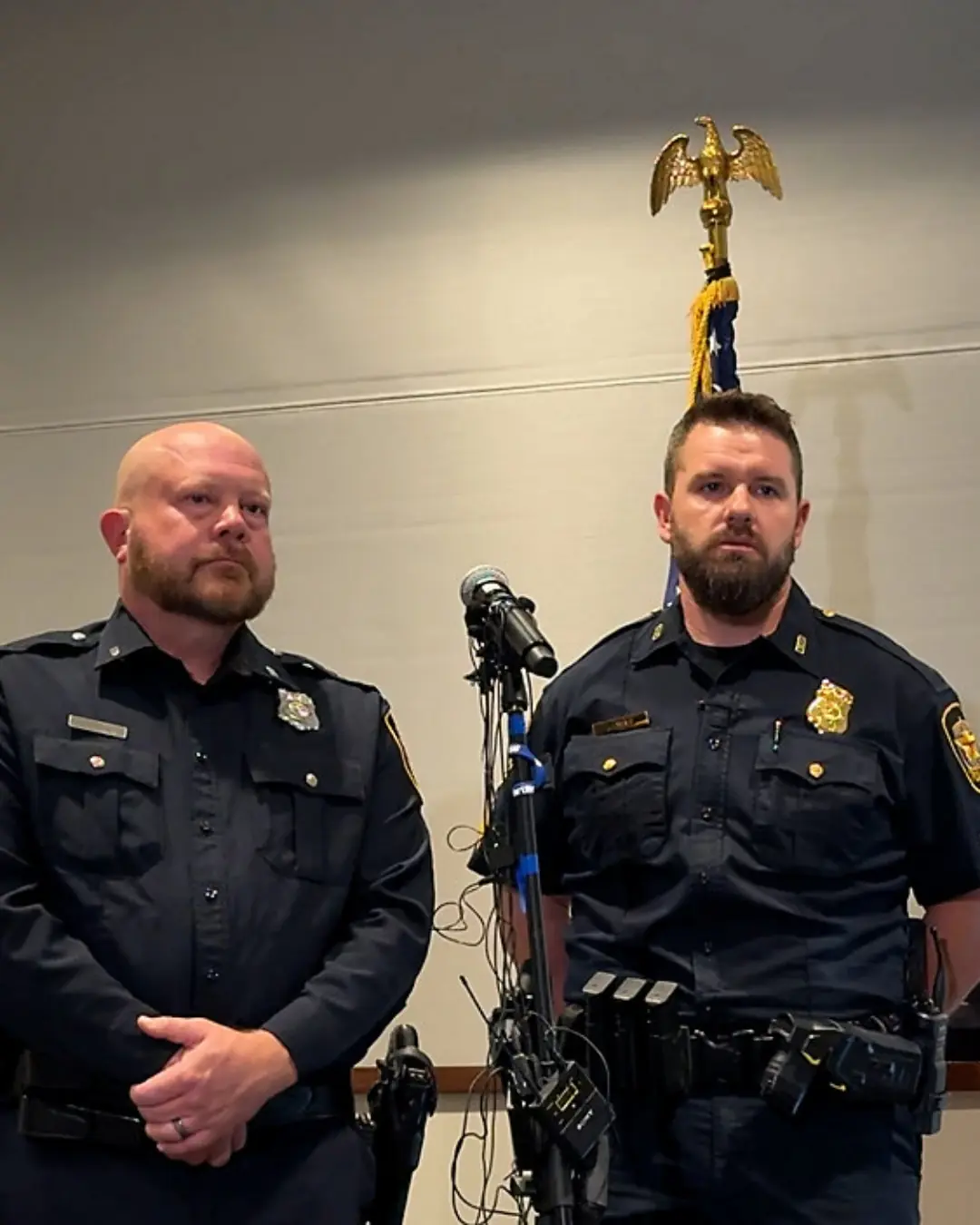
“The Cry That Saved Us”: The Night Two Fort Worth Officers Refused to Give Up.
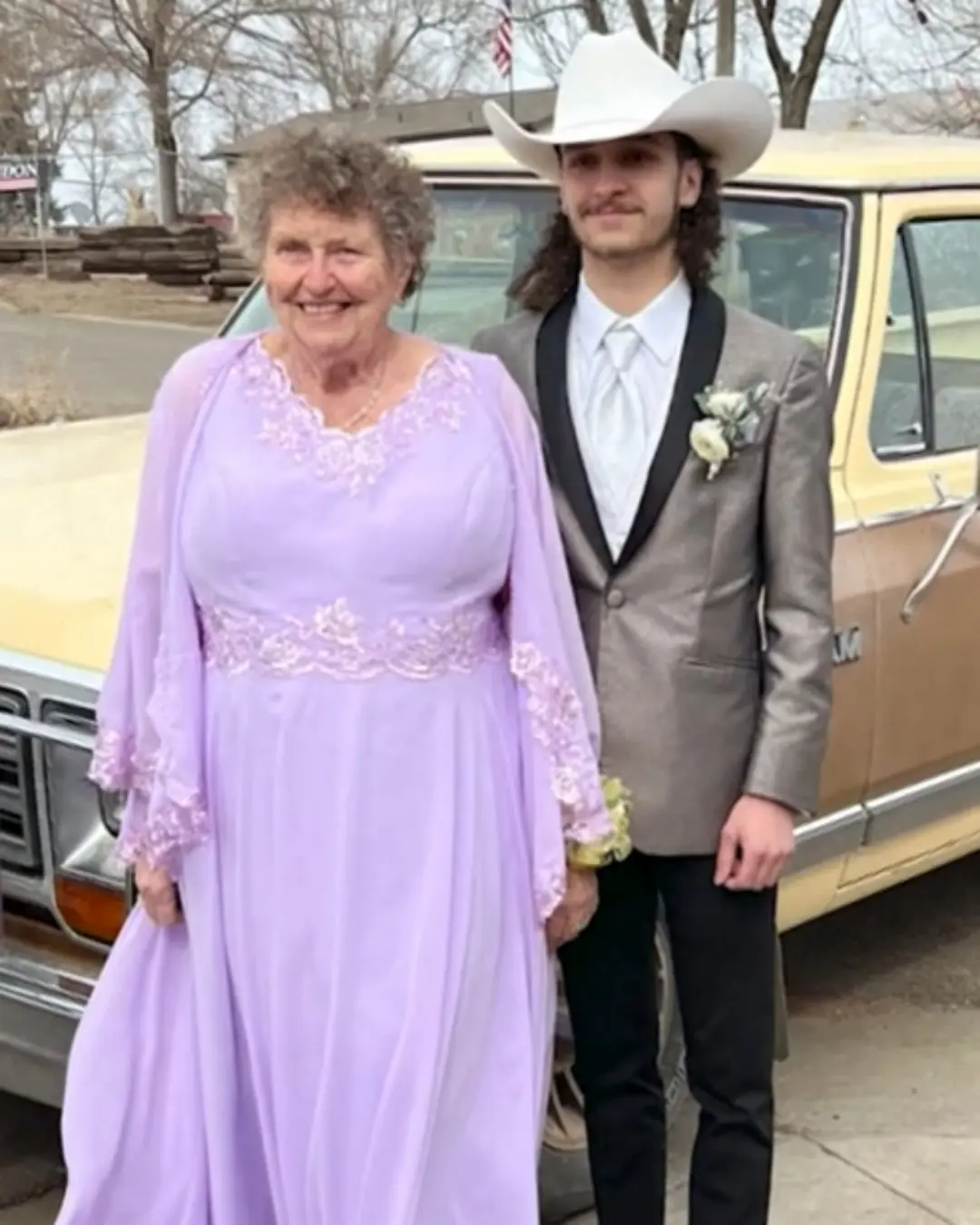
A Prom Night 76 Years in the Making.

My Husband Left Me and the Kids at Home on Christmas Eve to Celebrate at His Office Party So We Decided to Pay Him a Visit

I PAID FOR A STRANGER’S GROCERIES TWO YEARS AGO—AND TODAY, I GOT THIS IN THE MAIL

MY MOTHER-IN-LAW DESTROYED MY DAUGHTER’S GARDEN – I MADE HER PAY THE PRICE SHE NEVER EXPECTED
News Post

Do not use a sharpening stone on dull scissors. Apply the following method to make the scissors as sharp as new ones bought from the store: Simple but effective

Don't rush to throw away expired or leftover beer. Use it for these 8 things and everyone will praise it

Weeds or Wonders? Discover the Hidden Treasures in These 4 Common Plants

Say Goodbye to Parasites, Cholesterol, High Blood Pressure, and Poor Circulation With This 7-Day Homemade Drink

Drink This 2X a Day to Remove Uric Acid Before it Crystallizes in Your Joints and Becomes Painful

Simple Tips to Fade Freckles for a More Even and Radiant Complexion

5 Effective Ways to Clean Rust, Grease, and Stubborn Stains from Your Gas Stove—Making It Shine Like New

Lower blood sugar naturally by training just 2 leg muscles

Boil eggshells and say goodbye to the …

3 Food Combo to Strengthen Your Heart

Lone Star Tick Bites: Dangers, Symptoms, And Urgent Steps To Take

If You See A Bent Tree In The Forest, Start Looking Around Immediately
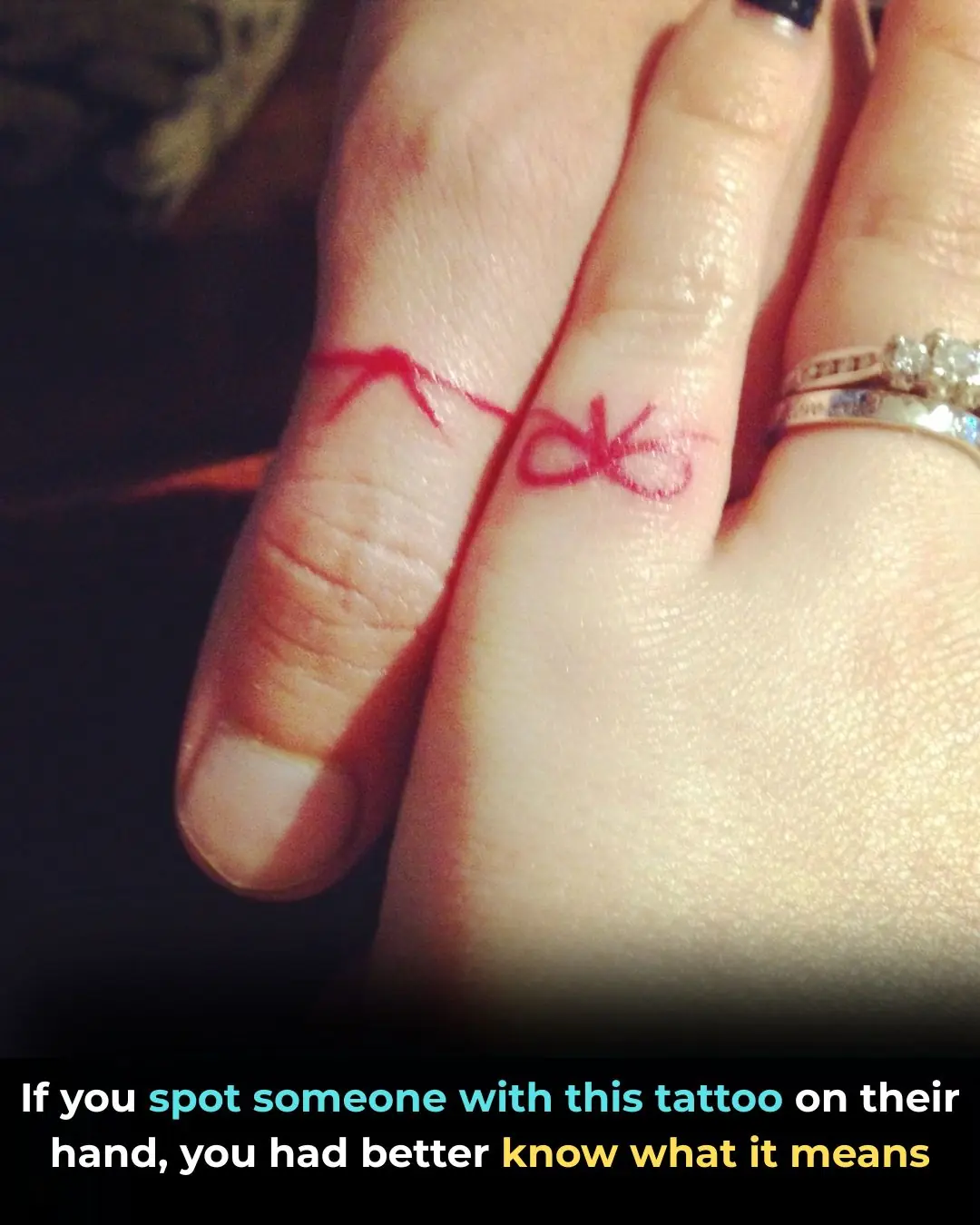
If You See Someone With This Tattoo On Their Hand, Here’s What It Means
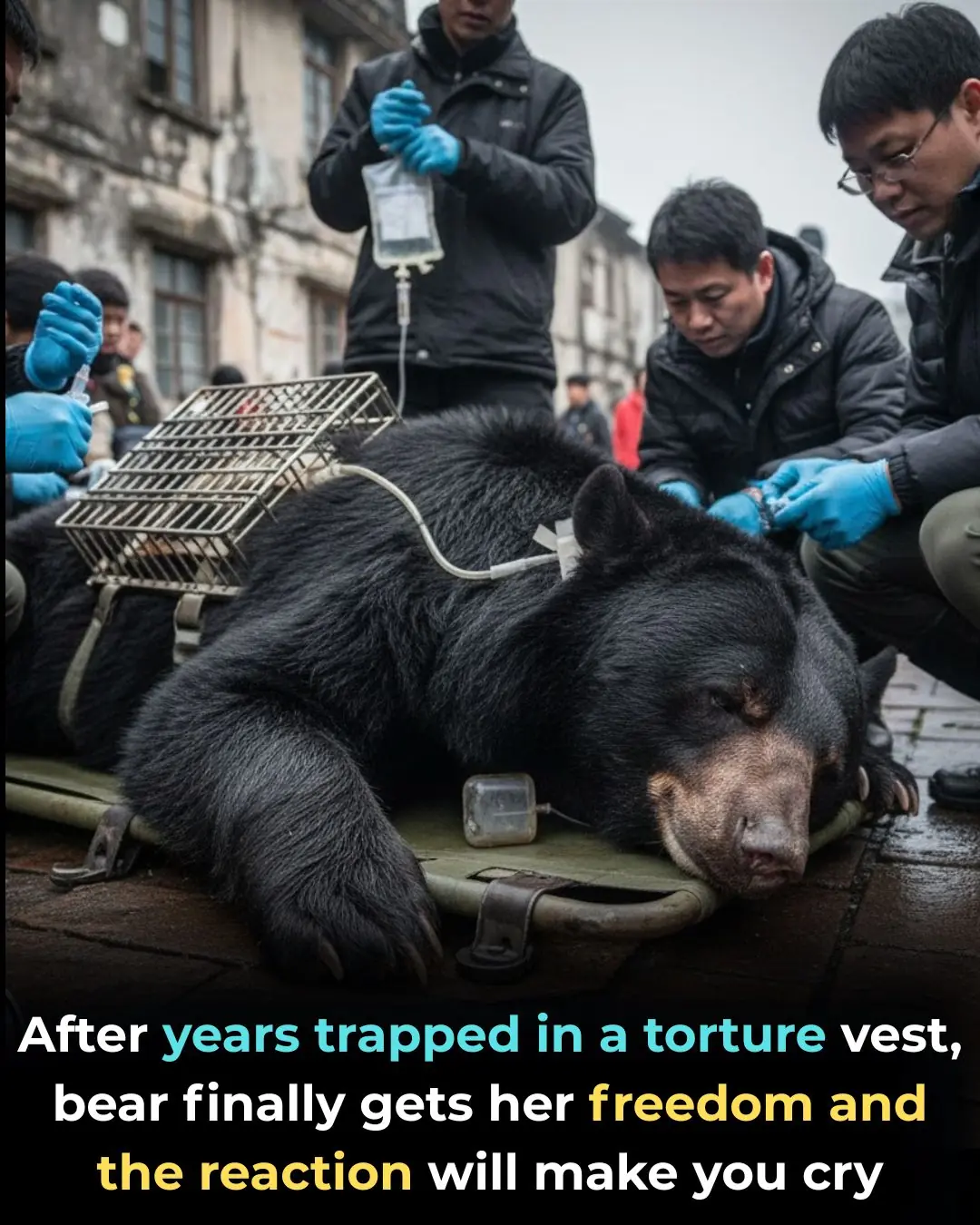
Bear Caesar Finally Freed After Years In Cruel Torture Vest

Man Isolates Himself From Society For Over 25 Years. What He Does Is Beyond Belief

Chilling Final Posts Emerge From TV Host’s 19-Year-Old Daughter Before Her Tragic Death In Los Angeles

Lady Frederick Windsor brands royal family’s lives ‘total hell’: ‘A form of torture’

Good Morning Britain's Ranvir Singh wows in flattering cord jumpsuit that 'fits perfectly'

What Your Belly Is Trying to Tell You
